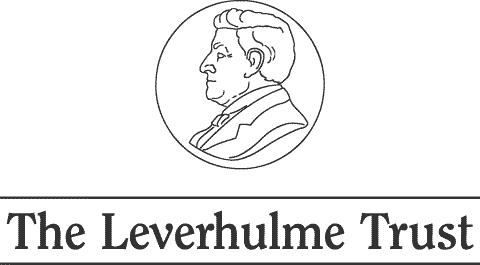To search the RPR site click here
The first items listed in the catalogue of the second collection are dated to 1881, thereafter items are recorded as being acquired on a particular date in most instances (there are 2284 objects with an acquisition date in the catalogue, or 11.1 per cent of the collection). This date is the one given in the 'Date given' field on the research database, and this has been used in the following calculations.
1881 = 36 objects
1882 = 1397
1883 = 1238
1884 = 1246
1885 = 600
1886 = 1182
1887 = 353
1888 = 1255
1889 = 1546
1890 = 498
1891 = 542
1892 = 810
1893 = 705
1894 = 353
1895 = 627
1896 = 534
1897 = 1101
1898 = 2736
1899 = 1692
There are no items listed dated 1900. There are three distinctive peaks in activities, from 1882 to 1884, 1888-1889 and 1897-1899. The first peak is probably even larger if you think that, in addition, Pitt-Rivers obtained 1138 objects in 1882 , and a further 70 in 1883-4 for the founding collection. Presumably the high number of items in the first wave is due to early enthusiasm as he now had more funding to devote to collections. He seems to have bought a large number of the items from auction in this period. This period also covers the period when he was collecting during his summer holidays in Austria etc. In 1888-9 he obtained a large collection of Swiss ethnography from Cecil Goddard, many items from the Lawrence-Cesnola sales at Sotheby's, and many other sale purchases, in the latter year he seems to have bought a lot of objets d'art and coins and tokens. The last peak seems mostly to reflect the purchase of large quantities of Benin material and other sale material.
AP, 3 June 2010



